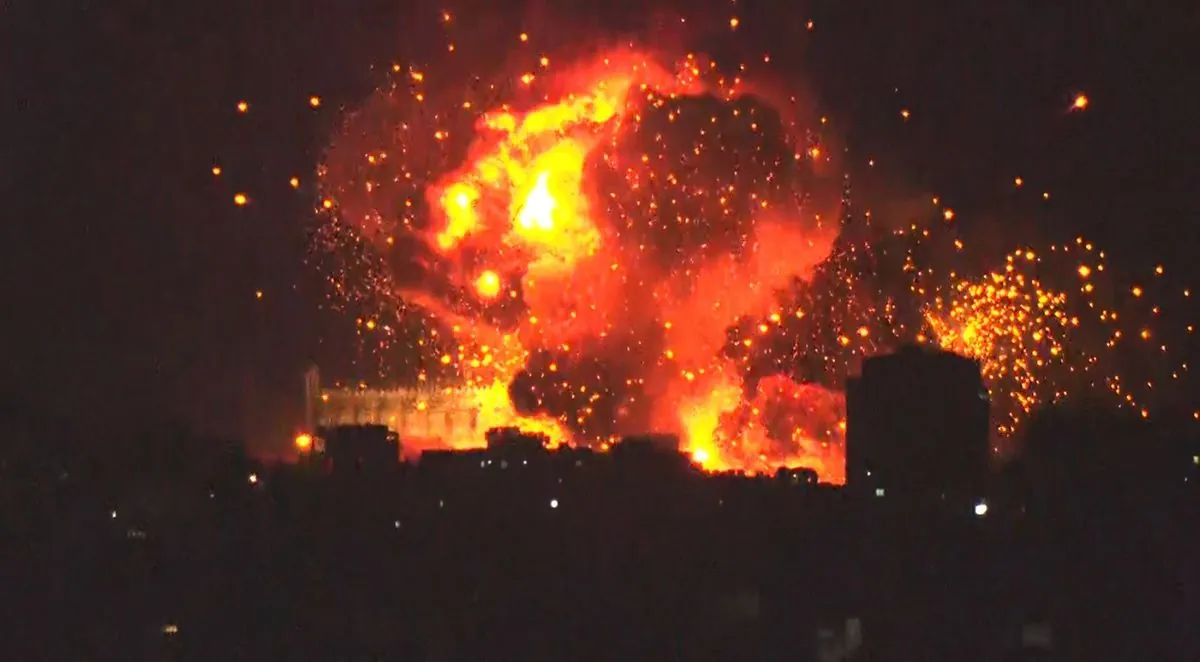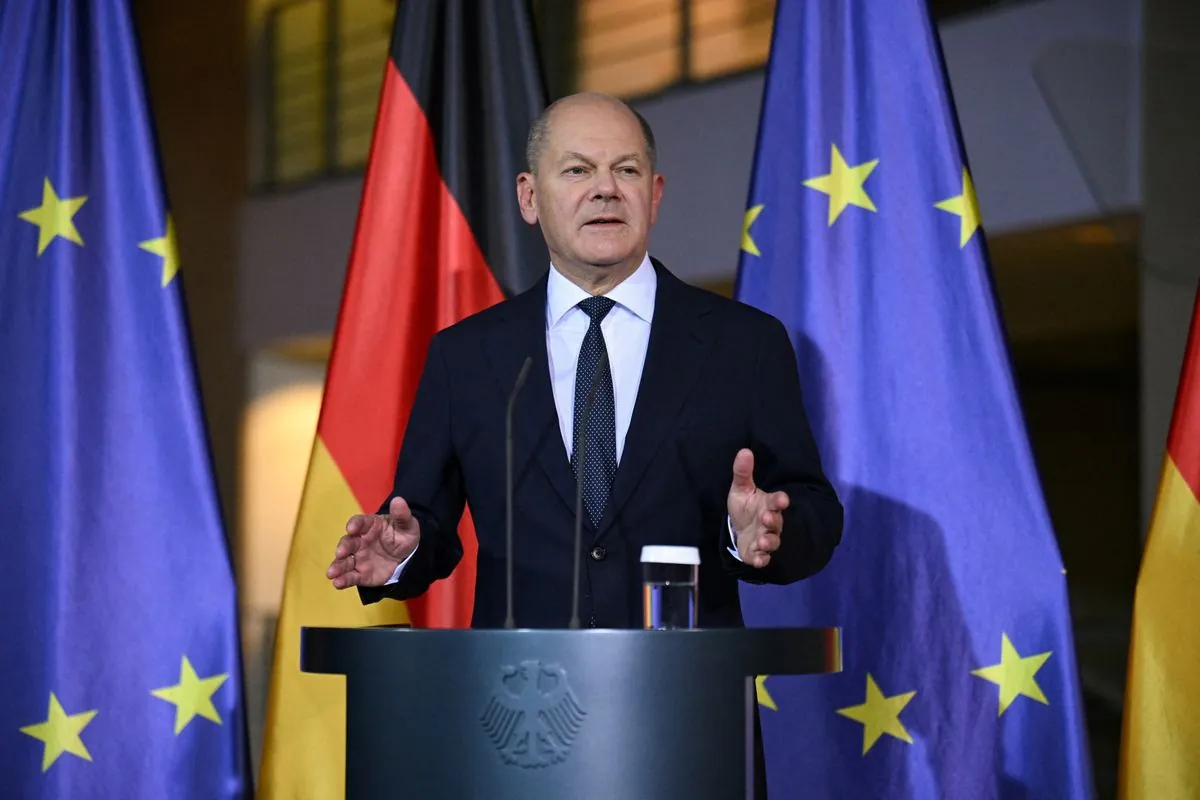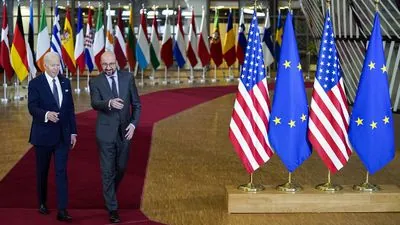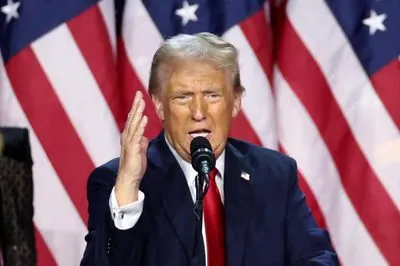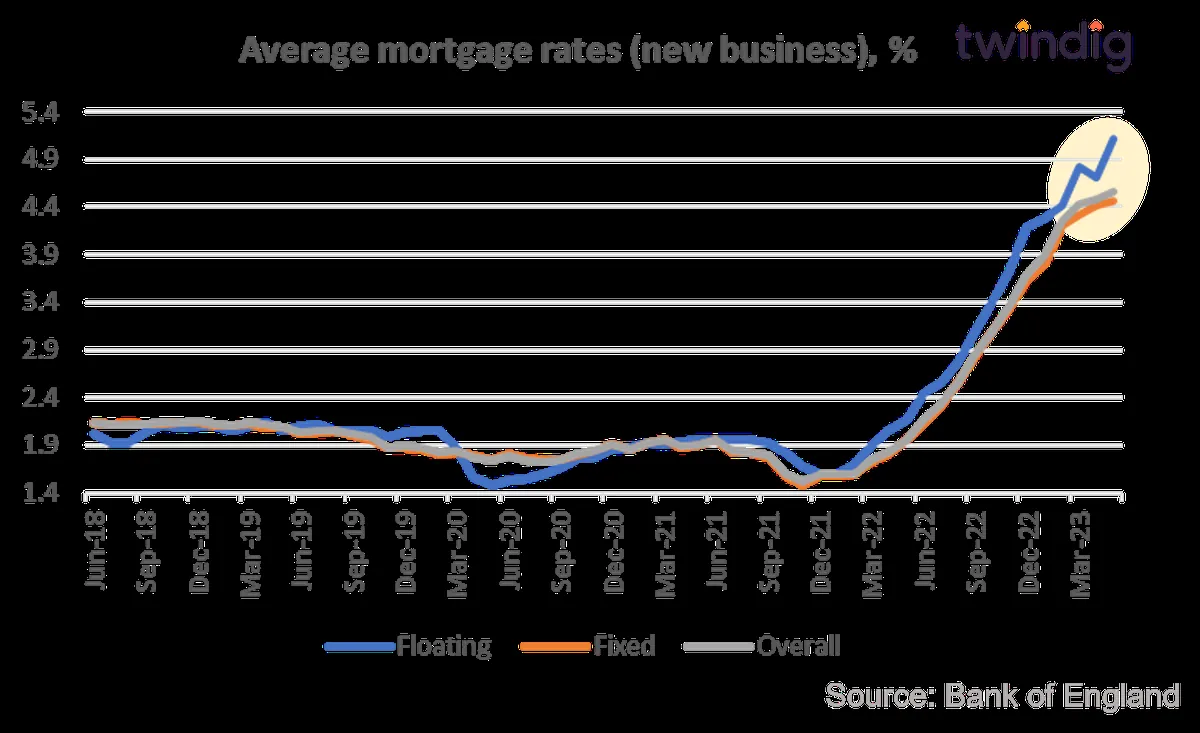Hibatullah Akhundzada
Mullah Hibatullah Akhundzada, also spelled Haibatullah Akhunzada, is an Afghan cleric who is the supreme leader of Afghanistan in the internationally unrecognized Taliban regime. He has led the Taliban since 2016, and came to power with its victory over U.S.-backed forces in the 2001–2021 war. A highly reclusive figure, he has almost no digital footprint except for an unverified photograph and several audio recordings of speeches.
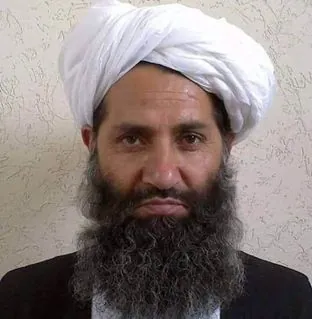
Some of the key events about Hibatullah Akhundzada
- 1979Joined the mujahideen resistance against Soviet occupation of Afghanistan
- 1996Became a judge in Taliban courts during their first rule of Afghanistan
- 1996Issued fatwas supporting suicide attacks during the Afghan Civil War
- 2001Appointed head of the Taliban's military court
- 2001Supported the Taliban regime's destruction of the Bamiyan Buddha statues
- 2001Endorsed the Taliban's harsh interpretation of Sharia law, including severe restrictions on women's rights
- 2007Became chief justice of the Taliban's Sharia courts
- 2015Appointed to the Taliban's leadership council
- 2015Became deputy to Taliban leader Akhtar Mansour, supporting continued insurgency against the Afghan government
- 2016Became the supreme leader of the Taliban following the death of Mullah Mansour
- 2016Assumed leadership of the Taliban after Mansour's death, continuing the group's militant activities
- 2018Issued a decree allowing Afghan women to choose their own husbands
- 2018Rejected peace talks with the Afghan government, prolonging the conflict
- 2019Called for planting trees as part of environmental conservation efforts
- 2019Ordered an increase in attacks on Afghan and foreign forces
- 2020Signed the Doha Agreement with the United States, paving the way for withdrawal of foreign troops
- 2020Oversaw the Taliban's military campaign to retake control of Afghanistan
- 2021Declared an amnesty for former Afghan government officials after the Taliban takeover
- 2021Implemented strict Islamic rule after the Taliban's takeover, severely limiting women's rights and freedoms
- 2022Banned women from attending universities and working for NGOs in Afghanistan
Disclaimer: This material is written based on information taken from open sources, including Wikipedia, news media, podcasts, and other public sources.

